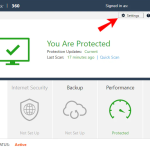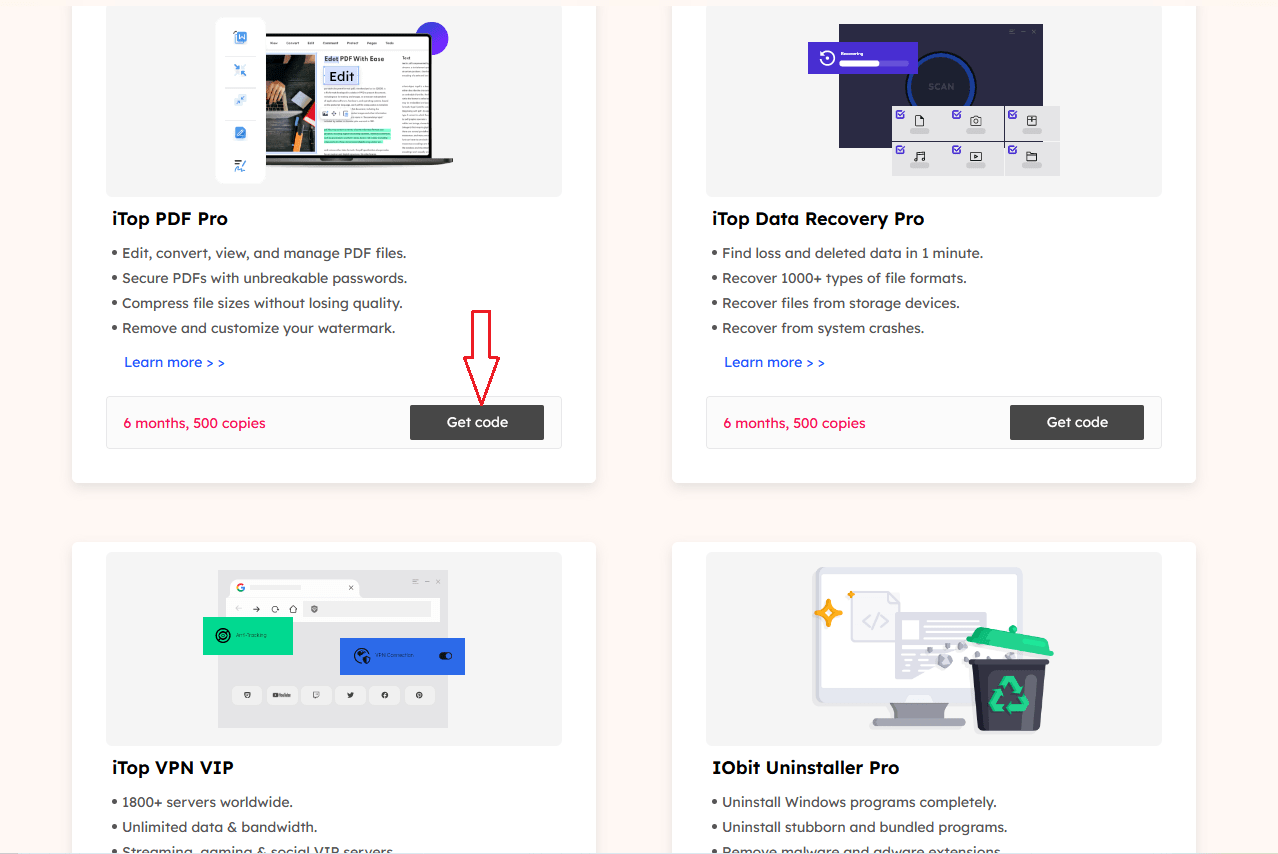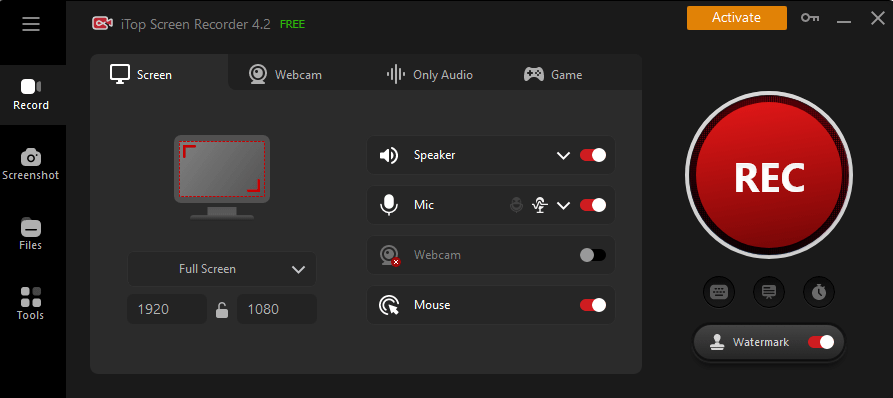Security and Compliance Considerations for VC Portfolio Management Software
By the end of this year, it is anticipated that the total capital raised in the global venture capital market will amount to US$468.4 billion. Nowadays, in the financial landscape, venture capital (VC) businesses are greatly dependent on high-level technology for managing their investments and portfolios. The merging of complex software tools into VC operations has improved the management process, making it possible for these businesses to handle large amounts of data effectively.
But as we steer more toward digital answers, security, and compliance issues are becoming very important. We need to make sure that VC portfolio management software follows strict security rules and regulatory needs. This helps in guarding private details and building trust with investors and stakeholders.

Understanding Helpful Technology
Software for managing venture capital portfolios is created to assist VC companies in supervising their investments, examining performance, and making informed decisions. To protect sensitive information and keep the trust of investors and interested parties, venture capital portfolio management software must have strong safety features while also following regulatory standards. It usually encompasses functions like following investment measures, handling fund distribution, and producing financial statements.
The data handled by these systems is extremely important, so strong security measures are necessary. Firstly, keeping investor details, financial records and strategic understandings safe from unauthorized entry and cyber risks is crucial. Furthermore, meeting industry rules makes sure that the software works well and also follows legal and moral standards. This helps to protect our business activities as well as our reputation.
Security Considerations
Safety is a basic concern in VC portfolio management software. Data encryption is one of the main safety actions. When data is encrypted, it becomes harder for unauthorized people to access and read the information. Encrypting data both when it’s saved and as it moves around helps firms stop unapproved access to sensitive details, making sure that they stay private. Also, the usage of multi-factor authentication (MFA) would give one more level of protection. This makes it even harder for harmful actors to enter into the system.
Regular checks for security and audits to find vulnerabilities are very important. They help locate possible weaknesses in the software and allow companies to deal with them before any harm can happen. The addition of state-of-the-art threat detection systems can monitor strange activities and possible breaches in real time, boosting security even more. Another important practice is to keep the software updated with the latest security patches for fighting against new and changing cyber threats.
Compliance Considerations
In the world of venture capital portfolio management, meeting regulatory standards is as vital. Different laws like the General Data Protection Regulation (GDPR) and the California Consumer Privacy Act (CCPA) outline specific demands on how personal data should be managed and safeguarded. VC firms need to make sure that their software for portfolio management follows these rules strictly so as not to face legal actions against them and also keep the trust of clients intact.
To meet regulatory compliance, the software must have strong documentation and reporting features. It should be able to create precise reports at regular intervals that explain all activities related to compliance as well as how data is managed within these systems. Frequent audits for ensuring adherence with laws and rules can confirm if the software’s use aligns correctly according to them or not. Additionally, it is very important to train employees on compliance needs and good practices. This helps in making sure that all people working for the firm comprehend their duties and the significance of adhering to regulatory norms.
Best Practices for Security and Compliance
For the management of security and compliance, VC firms must use a complete method that combines both parts into their main plan. It is important to make a strong security policy which explains how to protect, control access to, and handle incidents related to data. This policy needs regular checking so it can stay up-to-date with new rules or methods for safety as well as changes in regulations from authorities.
Training programs for employees that concentrate on security and adherence can notably lessen the danger of human mistakes and improve the firm’s general security standing. It is important to give workers a good understanding of how to identify possible dangers, like attempts at phishing, and know procedures for reporting doubtful activities.
Working with outside security professionals can give useful understanding and suggestions to make the company’s security better. These experts, who are not from within the firm, can carry out evaluations on their own and assist in introducing advanced security technologies that match what the firm needs. Moreover, utilizing software for managing compliance could simplify tracking and reporting of compliance activities which makes it simpler to fulfill requirements set by regulations.
Conclusion
Portfolio management is very important in the high-speed field of venture capital. The more we use digital tools, the more security and compliance issues arise. As the VC landscape keeps changing, it is very important for managing venture capital to always be watchful and take action on security as well as compliance matters.





![Top 10 Free Data Recovery Software for Mac [2024] Top 10 Free Data Recovery Software for Mac [2024]](https://getproductkey.net/wp-content/uploads/2024/08/Top-10-Free-Data-Recovery-Software-for-Mac-2024-150x150.png)
